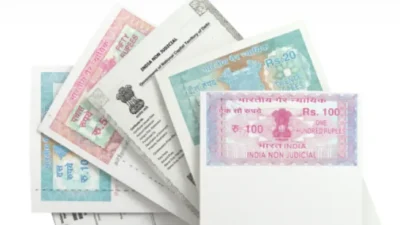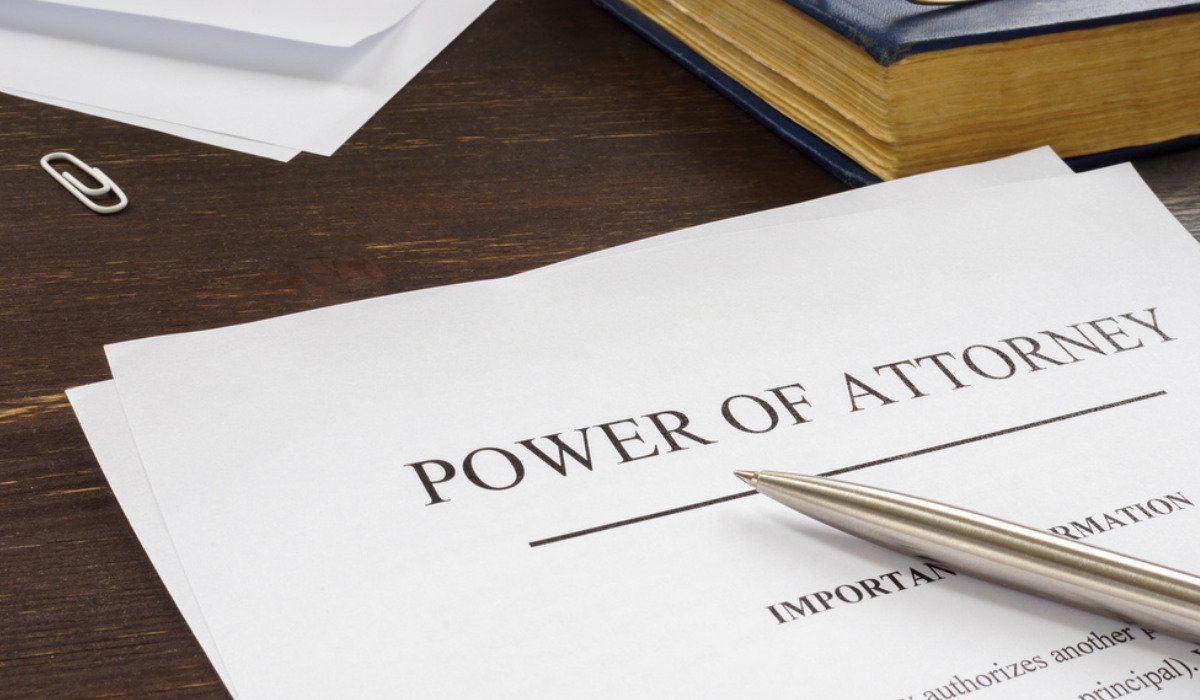In the realm of legal documentation, the Power of Attorney (POA) holds immense significance, serving as a powerful legal instrument that empowers individuals to make decisions on behalf of others. This article delves deep into the intricacies of the Power of Attorney format, shedding light on its importance, structure, and key elements.
Importance of a Power of Attorney
A Power of Attorney is a crucial legal document that grants authority to an appointed person (known as the attorney-in-fact or agent) to act on behalf of another person (known as the principal). This authority can encompass a wide range of actions, from financial matters to healthcare decisions, depending on the type of Power of Attorney specified.
Types of Power of Attorney (POA)
- General Power of Attorney (GPOA): This grants broad powers to the agent, allowing them to make financial and legal decisions on behalf of the principal. However, it is essential to note that a GPOA may become invalid if the principal becomes incapacitated.
- Special Power of Attorney (SPOA): Unlike a GPOA, an SPOA grants specific powers to the agent for a limited scope of actions. For instance, it may authorize the agent to handle specific financial transactions or legal matters during a specified period.
- Durable Power of Attorney (DPOA): A DPOA remains effective even if the principal becomes incapacitated. It is often used in estate planning to ensure continuity in decision-making if the principal is unable to make decisions due to illness or disability.
- Medical Power of Attorney (MPOA): Also known as a healthcare proxy, an MPOA grants the agent the authority to make medical decisions on behalf of the principal if they are unable to communicate their wishes.

Structure of a Power of Attorney Document
A well-crafted Power of Attorney document typically includes the following elements:
1. Introductory Clause
This section identifies the parties involved (principal and agent) and specifies the type of Power of Attorney being granted.
2. Powers Granted
The document outlines the specific powers and responsibilities delegated to the agent. It is crucial to clearly define the scope of authority to avoid ambiguity.
3. Duration and Termination
The Power of Attorney may specify the duration of its validity and conditions under which it can be terminated, such as the death or incapacity of the principal.
4. Signatures and Witnesses
To be legally binding, the document usually requires signatures from the principal, agent, and witnesses. Notarization may also be necessary in some jurisdictions.
Ensuring Legitimacy and Effectiveness
To ensure the legitimacy and effectiveness of a Power of Attorney, it is essential to:
- Consult with a legal professional: Seeking guidance from an experienced attorney ensures that the document complies with legal requirements and serves its intended purpose.
- Keep the document updated: Life circumstances may change, warranting revisions to the Power of Attorney to reflect current wishes and circumstances.
- Communicate intentions clearly: Clearly communicate your wishes and expectations to the appointed agent to avoid misunderstandings or conflicts.





